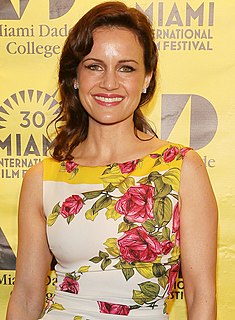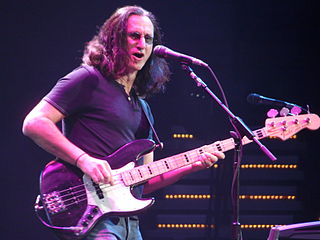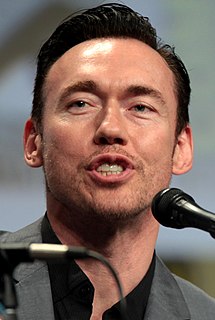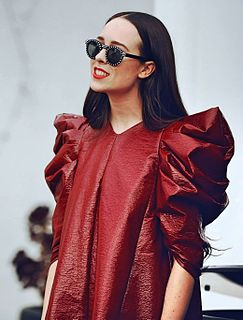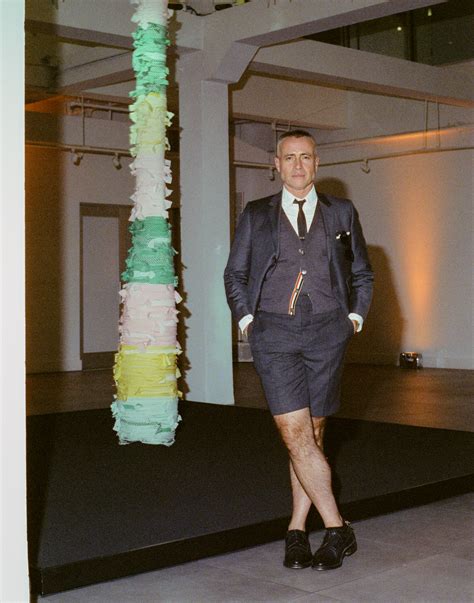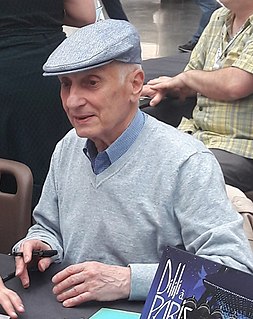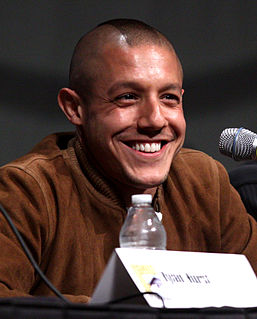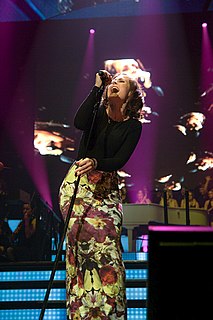A Quote by Carla Gugino
I guess I've always been really attracted to period pieces and always felt visually I was probably more made for the '50s or the early '60s than I am for a modern day.
Related Quotes
I'm always scouring the universe for great old instruments from the '50s and early '60s. That's really, for me, the golden age of basses, when they had just been invented within 10 years of that period and they had just started to come into their own, especially the old Fender jazz basses and old Rickenbackers and Gibsons. I'm always on the lookout. It's fun.
For better or worse, we have evolved for sure, but we've also maintained a certain core about who we are, which is we were raised on late '50s and early '60s rock n' roll and R&B, and you can always hear that throughout. And that's just always been who we were. As much as we've evolved, that's stayed the same.
I've always just felt like an outsider. I've always been made fun of in school ever since kindergarten. For me, when I started singing, that's when I started making "friends,". That's when people started taking an interest in me. That was the thing that made me likable, I guess. Maybe even lovable! I think that's really why I'm so hellbent on doing this as a career is because those are the moments where I felt at my most confident.
I'm not particularly ethnically Scottish; I have one grandfather who is Scottish, although he's called Macdonald, and you don't get a lot more Scottish than that. The Scottish part of my family are from Skye, and I've always been very aware of that - always been very attracted to Scottish subject matter, I guess.
I was seduced by the nouvelle vague, because it was really reinventing everything. And the Italian cinema that one would see in the theaters in the late '50s, early '60s was Italian comedy, Italian style, which, to me, was like the end of neo-realism. I think cinema all over the world was influenced by it, which was Italy finding its freedom at the end of fascism, the end of the Nazi invasion. It was a kind of incredible energy. Then, late '50s, early '60s, the neo-realism lost its great energy and became comedy.
